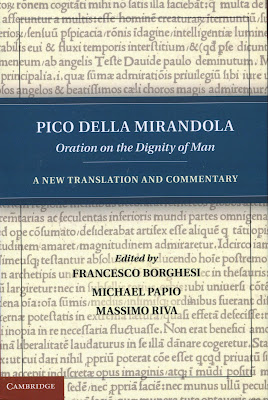Travel is famously a way to make new acquaintances. I'm reluctant in a public place like this to speak specifically about identifiable individuals because of concerns about privacy. But a journey through new and distant locales also serves to introduce historic figures hitherto unknown, and that brings me to good King René. Count of Provence, Duke of Bar, Anjou, and Lorraine, and King of Naples, Sicily and Jerusalem. That's a photo I snapped of him above, an 1823 figure by David d'Angers now a fixture in the Cours Mirabeau of Aix-en Provence.
He plainly bore a wealth of titles. But his exercising them was another matter. As Shakespeare's Richard taunts his daughter Margaret in 3 Henry VI,
Thy father bears the type of King of Naples,
Of both the Sicils and Jerusalem,
Yet not so wealthy as an English yeoman....
And indeed René was for most of his life unfortunate, failing here to regain a kingdom, taken captive there in another fruitless attempt to win back a dukedom. I've read no proper biography, but scraps here and there, a stray reference in a biography of Joan of Arc, a legend or anecdote from a travel book, thumbnails from internet searches, often contradictory. At the end of his life, for reasons I'm none too clear about, René bequeathed Provence to King Louis XI--the king who makes a brief appearance toward the end of Notre-Dame de Paris--and the county passed irretrievably from nominal allegiance to the Empire into the possession of the Kingdom of France.
And René passed into legend, as the last independent ruler, whose consolation for lost realms across Europe was a contented old age under the Provencial sun. He composed a poetic, allegorical romance, Le Livre du Cuer d'amours espris. He held fetes and planted gardens. Though he didn't paint, his reputation for supporting the arts led to the (mistaken) attribution of certain alter pieces in la cathédral Saint-Sauveur to him. It is the legend that undergirds the inscription that graces the monument in the Cours Mirabeau:
IN PERENNUM MEMORIAM
RENATI
HIERUSALEM ET SICILIE REGIS
QUI GESTIS
IN BELLO AC PACE CLARUS
INFELIX LICET
FELICEM SE SOLUM APUD PROVINCIALES
EXISTIMAVIT
QUOD REGNO PULSUS LIBERIS ORBATUS
OPIBUS EXUTUS
OMNIA IN BENEVOLENTI PROVINCIALIUM
REPERISSET
My best rendition of the above is as follows:
In perpetual memory, to René, king of Sicily and Jerusalem
Whose acts, notable in peace and war, would leave him unhappy.
He considered himself happy only among the Provencials,
Who, expelled from his realms
deprived of his children
stripped of his wealth,
would find consolation in all things Provencial.
The sculpted figure, by the way, holds his scepter of office in one hand, muscat grapes in the other. All kings had scepters. But le bon Roi René was also reputed to have introduced the muscat grape to Provence.









